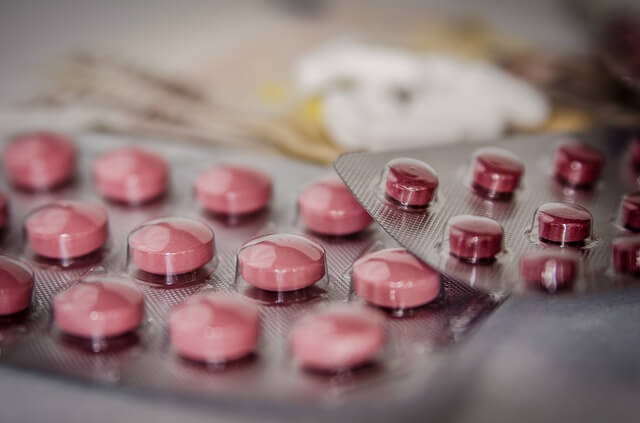 Researchers from West Virginia University College of Law have conducted a study examining the frequency of drug patent invalidations based on inequitable conduct. The findings, published in JAMA, shed light on the impact of fraud or deceit in obtaining patents related to Food and Drug Administration (FDA)-regulated products.
Researchers from West Virginia University College of Law have conducted a study examining the frequency of drug patent invalidations based on inequitable conduct. The findings, published in JAMA, shed light on the impact of fraud or deceit in obtaining patents related to Food and Drug Administration (FDA)-regulated products.
The study reveals a significant rise in median brand-name drug launch prices from 2008 to 2021, emphasizing the role of market exclusivity granted through patents in sustaining high drug prices. The legitimacy of obtaining these patents is crucial to prevent extended periods of monopoly pricing that could escalate patient and healthcare system costs.
The researchers propose a solution to reduce inequitable conduct by enhancing communication between the US Patent and Trademark Office (USPTO) and the FDA. Effective collaboration between the two agencies, which receive detailed information about drugs and their uses, could help identify and prevent fraud by encouraging full disclosure.
The study analyzed inequitable conduct cases from October 2004 to December 2021 at the Court of Appeals for the Federal Circuit, the sole appellate court with jurisdiction over patents. The cases covered various products, including FDA-regulated ones like drugs and medical devices.
The researchers found that inequitable conduct cases related to FDA-regulated products were infrequent but constituted two-thirds of cases where inequitable conduct was established, leading to the invalidation of affected patents in approximately one-third of these instances.
The findings also indicate a decrease in inequitable conduct cases for FDA-regulated products from 2004-2011 to 2012-2021. However, the study acknowledges limitations, including its focus on appellate court cases, leaving the prevalence of inequitable conduct in district court cases unknown.
To address these issues, the researchers suggest that the USPTO should establish communication pathways with the FDA or that Congress could mandate reexamination of patents on FDA-regulated products after FDA approval. This reexamination would allow the USPTO to ensure that material information disclosed to the FDA is not hidden or misrepresented in the patent application.


